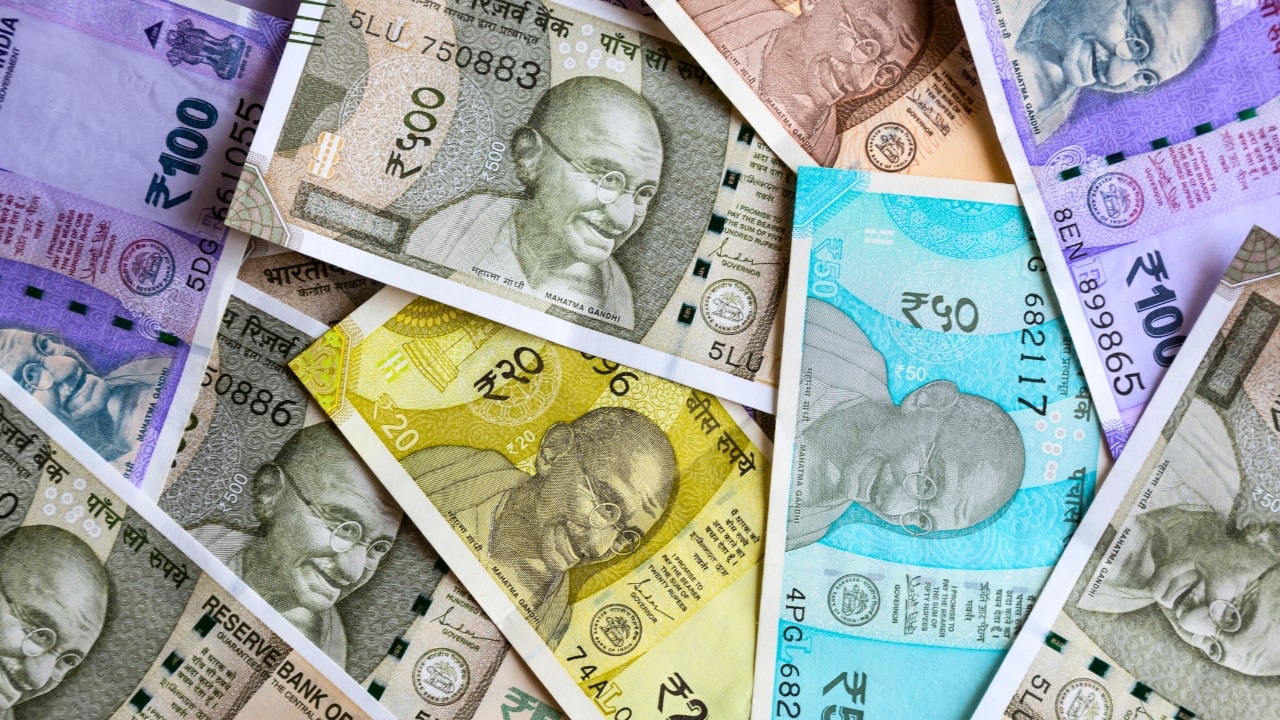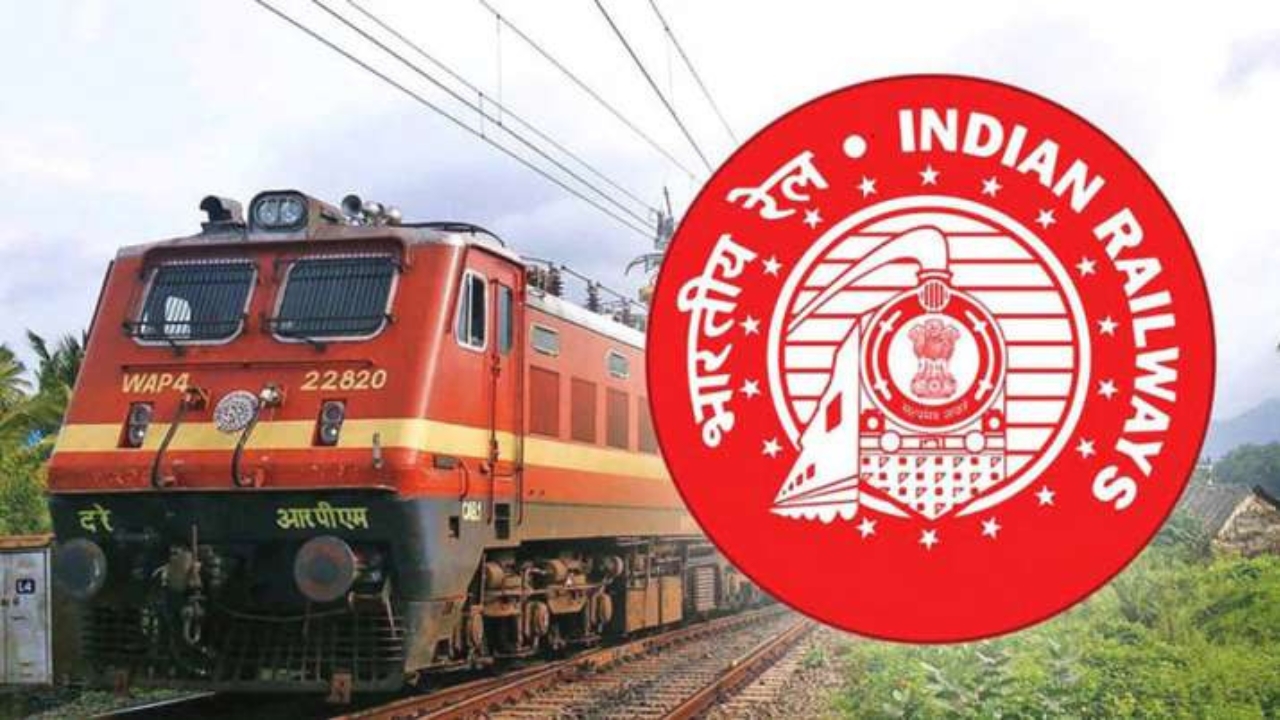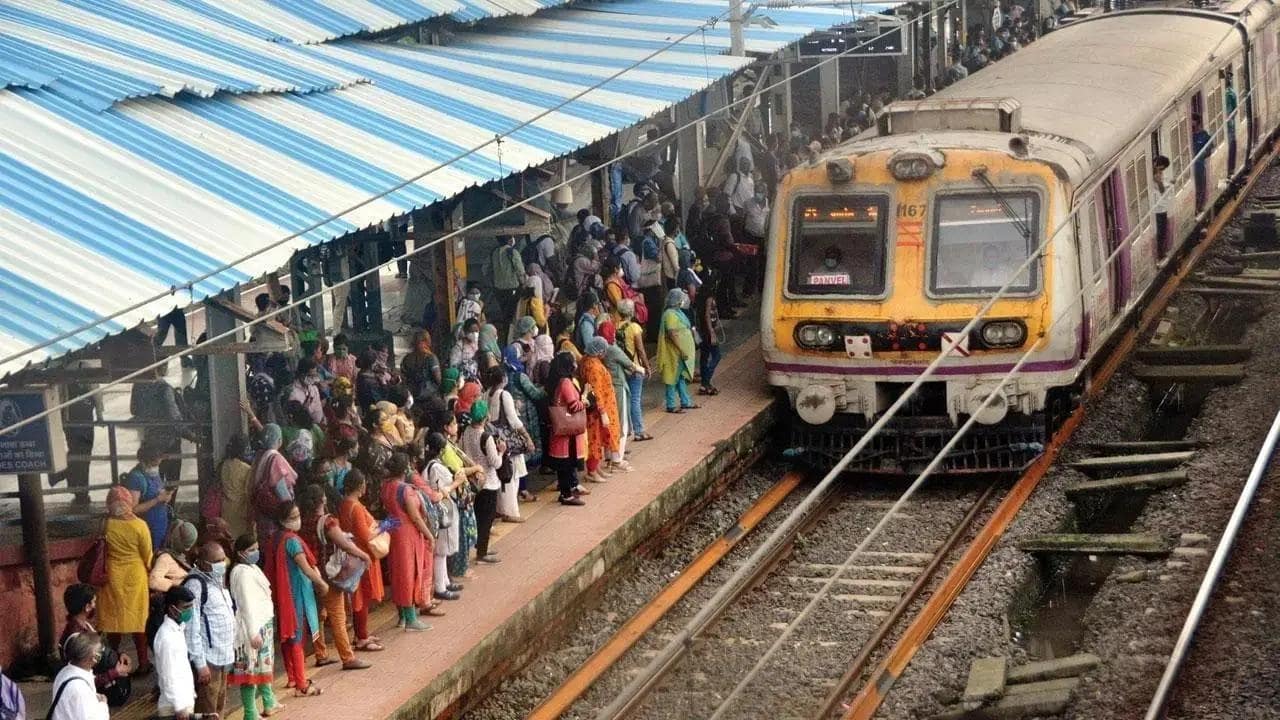The Economic Division of the Finance Ministry has said in the Monthly Economic Review for February 2024 that retail inflation has remained within the tolerance band of the Reserve Bank of India for six consecutive months. The retail inflation rate in February was 5.1 per cent.
According to the review, due to a continuous decline in prices, a decline in core inflation has also been seen. However, the Finance Ministry has termed the Red Sea Crisis as the biggest threat to inflation and growth in India.
Inflation Is Within The Tolerance Band
The Economic Division of the Department of Economic Affairs, Ministry of Finance, said in the Monthly Economic Review that the retail inflation rate has remained in the RBI’s tolerance band of 2 to 6 per cent for the last six months.
According to the review, there has been a decline in non-food and non-fuel, i.e. core inflation, due to which inflation has come down. According to the report, the average inflation rate from April to February of the current financial year 2023-24 has been 5.4 per cent, which is less than 6.8 per cent in the same period of the previous financial year.
According to this report of the Finance Ministry, despite the fluctuations in the prices of some food items, the inflation rate has remained below 6 per cent except in July and August 2023.
Food Production Expected To Increase
According to the Finance Ministry, according to the second advance estimate for 2023-24, there may be a jump of 1.3 per cent in wheat production and a 0.9 per cent jump in Kharif rice production. An increase of 0.9 per cent can also be seen in the production of arhar dal as compared to last year. Due to this, food inflation is expected to reduce. According to the Finance Ministry, the outlook regarding inflation is going to be positive in the coming months.
Danger Of Rising Inflation Due To Red Sea Crisis
According to the report of the Finance Ministry, the Red Sea Crisis has had an impact on the prices of global food commodities. According to the report, 80 per cent of India’s merchandise trade with Europe goes through the Red Sea, which includes crude oil, auto ancillaries, chemicals, textiles, and petroleum steel, which has been affected.
Imported goods can become expensive due to expensive freight costs, increased cost of insurance premiums, and long transit lines. According to the report, there is a fear of an increase in inflation due to the risk of a rise in crude oil prices due to trade disruption, which may affect growth.











